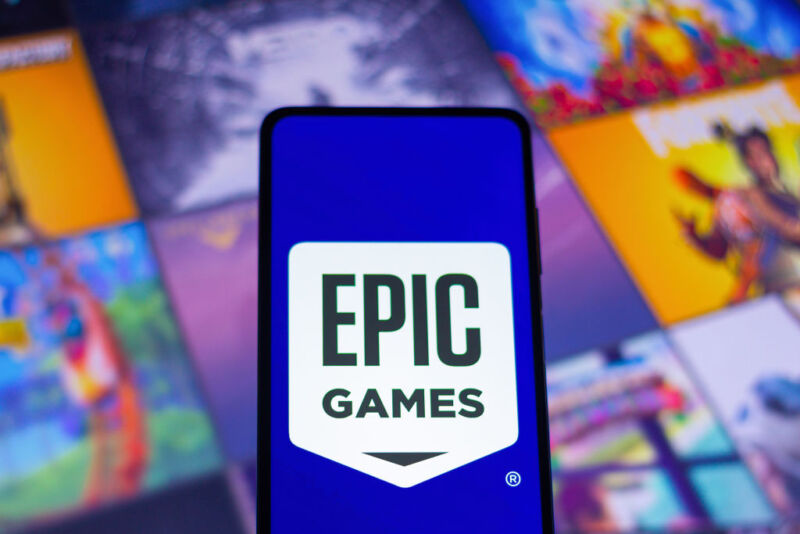
Epic Games has filed a proposed injunction that would stop Google from restricting third-party app distribution outside Google Play Store on Android devices after proving that Google had an illegal monopoly in markets for Android app distribution.
Epic is suggesting that competition on the Android mobile platform would be opened up if the court orders Google to allow third-party app stores to be distributed for six years in the Google Play Store and blocks Google from entering any agreements with device makers that would stop them from pre-loading third-party app stores. This would benefit both mobile developers and users, Epic argued in a wide-sweeping proposal that would greatly limit Google’s control over the Android app ecosystem.
US District Court Judge James Donato will ultimately decide the terms of the injunction. Google has until May 3 to respond to Epic’s filing.
A Google spokesperson confirmed to Ars that Google still plans to appeal the verdict—even though Google already agreed to a $700 million settlement with consumers and states following Epic’s win.
“Epic’s filing to the US Federal Court shows again that it simply wants the benefits of Google Play without having to pay for it,” Google’s spokesperson said. “We’ll continue to challenge the verdict, as Android is an open mobile platform that faces fierce competition from the Apple App Store, as well as app stores on Android devices, PCs, and gaming consoles.”
If Donato accepts Epic’s proposal, Google would be required to grant equal access to the Android operating system and platform features to all developers, not just developers distributing apps through Google Play. This would allow third-party app stores to become the app update owner, updating any apps downloaded from their stores as seamlessly as Google Play updates apps.
Under Epic’s terms, any app downloaded from anywhere would operate identically to apps downloaded from Google Play, without Google imposing any unnecessary distribution fees. Similarly, developers would be able to provide their own in-app purchasing options and inform users of out-of-app purchasing options, without having to use Google’s APIs or paying Google additional fees.
Notably, Epic filed its lawsuit after Google removed the Epic game Fortnite from the Google Play Store because Epic tried to offer an “Epic Direct Payment” option for in-game purchases.
“Google must also allow developers to communicate directly with their consumers, including linking from their app to a website to make purchases and get deals,” Epic said in a blog post. “Google would be blocked from using sham compliance programs like User Choice Billing to prevent competing payment options inside an app or on a developer’s website.”
Unsurprisingly, Epic’s proposed injunction includes an “anti-retaliation” section specifically aimed at protecting Epic from any further retaliation. If Donato accepts the terms, Google would be violating the injunction order if the tech giant fails to prove that it is not “treating Epic differently than other developers” by making it “disproportionately difficult or costly” for Epic to develop, update, and market its apps on Android.
That part of the injunction would seem important since, last month, Epic announced that an Epic Games Store was “coming to iOS and Android” later this year. According to Inc, Epic told Game Developers Conference attendees that its app-distribution platform will be the “first ever game-focused, multiplatform store,” working across “Android, iOS, PC and macOS.”
https://arstechnica.com/?p=2016966

